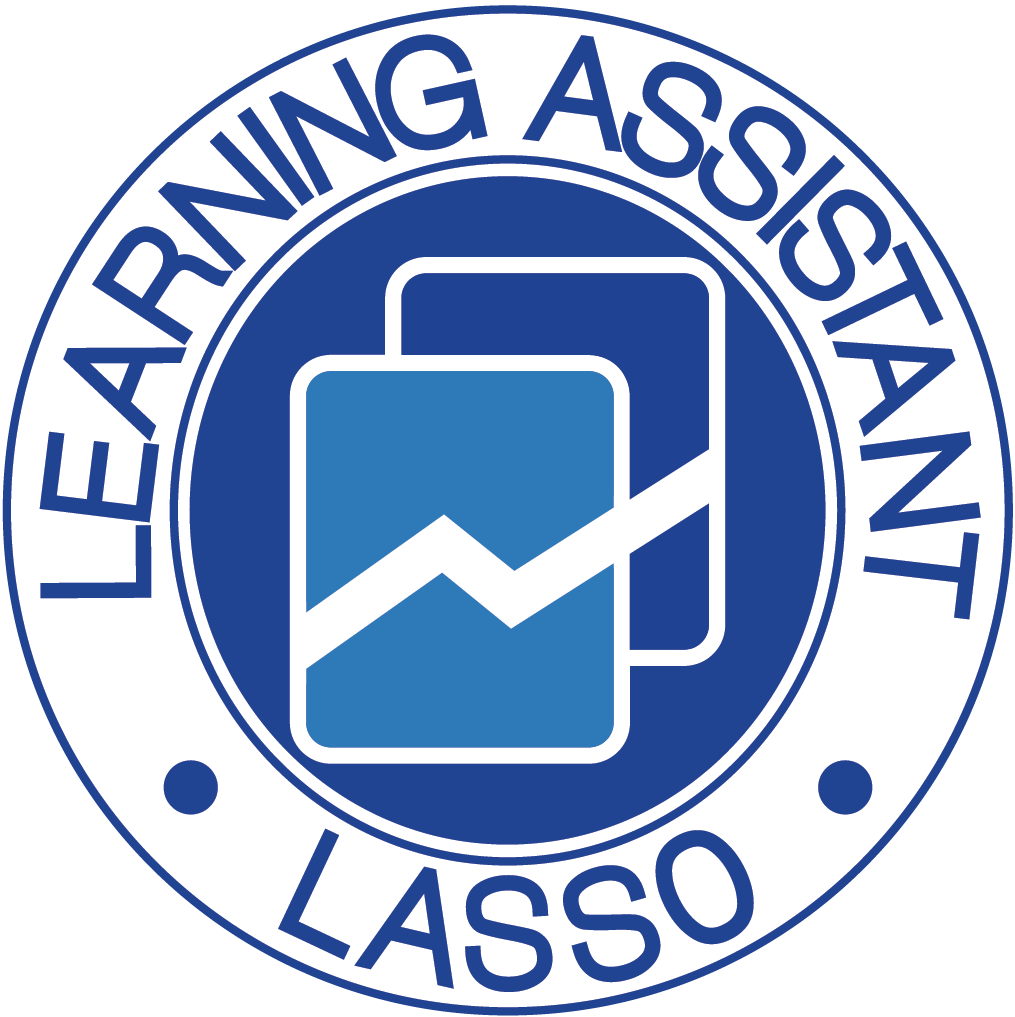Mechanics Cognitive Diagnostic (MCD)
What are MCD Assessments?
It is an advanced computerized adaptive test designed to evaluate how well students have mastered key skills or learning objectives in introductory mechanics. With MCD, instructors can:
- Customize Assessments: Select specific learning objectives to focus on.
- Provide Regular Feedback: Generate detailed reports that help track student progress, even on a weekly basis.
This tool empowers both instructors and students by identifying strengths and areas for improvement, ensuring a targeted and effective learning experience.
For Students:
- Start with Moderate Questions: The test begins with questions of average difficulty.
- Real-Time Adjustments: Based on your answers, the system dynamically selects and adjusts the difficulty of the next questions.
- Short and Accurate: This process ensures a tailored assessment with the minimum number of questions while accurately evaluating your skills.
For Instructors:
- Actionable Insights: After each test, detailed reports show students’ skill mastery and overall proficiency.
- Weekly Feedback: Receive updates on student performance, enabling timely adjustments to teaching strategies.
- Support Individual Needs: Use the insights to address specific challenges and improve student learning outcomes.
Detailed Reporting:
- Instructors: Access interactive reports that provide a clear overview of student proficiency and mastery of each objective.
- Students: Receive individualized feedback to track progress and focus on areas needing improvement.
How it Works?

Benefits of Using MCD Assessments
on LASSO
Customizable: Instructors can choose specific learning objectives and administer assessments multiple times during a semester.
Efficient: AI adapts to each student, saving instructors time while maintaining accuracy.
Time: This test usually takes 30 minutes.
Actionable Feedback: Students receive detailed feedback to track their progress and focus on areas requiring attention.
Continuous Monitoring: Instructors can monitor and support student growth throughout the course.
MCD covers 19 Learning Objectives
- Apply Vectors: Requires manipulating vectors in more than one dimension or has a change in sign for a 1-D vector quantity.
- Conceptual relationships: Identify a relationship between variables and/or the situations in which those relationships apply.
- Visualizations: Extract information from or create formal visualizations such as xy plots, or pole coordinates.
- Algebra: Manipulate one or more equations to solve the items. This goes beyond recognizing the standard forms of equations.
- Calculus: Apply limits, derivatives, or integrals (i.e., rates of change) to solve the items.
- 1-D Kinematics: Solve the items by using the average/instantaneous velocity, speed, displacement, position, or acceleration in one dimension.
- Free Fall: Using the kinematic equations to analyze the position, velocity, and gravitational acceleration.
- 2-D Kinematics: Solving the items by using the average/instantaneous velocity, speed, displacement, position, or acceleration in two dimensions and projectile motion.
- Free Body Diagrams: Explain the rules for drawing a free-body diagram. Construct free-body diagrams for different situations.
- Newton's Second Law: Apply Newton's first and second laws of motion to find mass, force, or acceleration.
- Newton's Third Law: Apply Newton's third law of motion to analyze object interactions (i.e., direction/magnitude of forces).
- Work: Apply the equation of work to identify the forces or displacement.
- Kinetic Energy: Use the kinetic energy equation to identify the kinetic energy, mass, or velocity of objects.
- Potential Energy: Identify the objects' potential energy (gravitational or spring) when the systems are close — the relationship between the work done and potential energy.
- Conservation of Energy: Apply appropriate conservation of mechanical energy to calculate various properties of simple systems.
- Work Energy Theorem: Apply the relationship between work and mechanical energy (kinetic and potential) to solve the items.
- Linear Momentum: Apply the concept of momentum to choose the answer or apply the equation to find the momentum of objects or systems.
- Impulse: Apply the concept of impulse to choose the answer or apply the impulse-momentum theorem to solve the collision problems.
- Conservation of Momentum: Identify whether the problems are in closed systems and apply momentum conservation to solve.
Example Questions
Research
Huang, J., Zhang, Y., Morphew, J. W., Nissen, J. M., Van Dusen, B., & Chang, H. H. (2025). Two-Phase Content-Balancing CD-CAT Online Item Calibration. Journal of Educational Measurement. DOI: 10.1111/jedm.70012
Le, V., Nissen, J. M., Tang, X., Zhang, Y., Mehrabi, A., Morphew, J. W., Chang, H. H.& Van Dusen, B. (2025). Applying cognitive diagnostic models to mechanics concept inventories. Physical Review Physics Education Research, 21(1), 010103. (Editors’ Suggestion)
Le, V., Van Dusen, B., Nissen, J., Tang, X., Zhang, Y., Chang, H. H., & Morphew, J. (2024, July 10-11). Mechanics Cognitive Diagnostic: Mathematics skills tested in introductory physics courses. Paper presented at Physics Education Research Conference 2024, Boston, MA. Retrieved September 27, 2024, from https://www.compadre.org/Repository/document/ServeFile.cfm?ID=16903&DocID=5970
Example LASSO Report
The MCD assessment provides fine-grained evidence of student understanding across key mechanics skills.
- Mastery by Skill – shows the percentage of students mastering each targeted skill.
- Skill Mastery Combinations – displays all possible mastery profiles across multiple skills.
- Skills Mastered Across Administrations – tracks student growth across repeated assessments.
- Comparison with Other Courses – compares average student performance with other courses on the LASSO platform.
Similar Instruments
More Information
Relevant papers about the cognitive diagnostic model and computerized adaptive test.
de la Torre, J., & Minchen, N. (2014). Cognitively diagnostic assessments and the cognitive diagnosis model framework. Psicología Educativa, 20(2), 89-97.
Morphew, J. W., Mestre, J. P., Kang, H. A., Chang, H. H., & Fabry, G. (2018). Using computer adaptive testing to assess physics proficiency and improve exam performance in an introductory physics course. Physical Review Physics Education Research, 14(2), 020110.
McGlohen, M., & Chang, H. H. (2008). Combining computer adaptive testing technology with cognitively diagnostic assessment. Behavior research methods, 40, 808-82.
Yu, X., Cheng, Y., & Chang, H. H. (2019). Recent developments in cognitive diagnostic computerized adaptive testing (CD-CAT): A comprehensive review. Handbook of diagnostic classification models: Models and model extensions, applications, software packages, 307-331.



